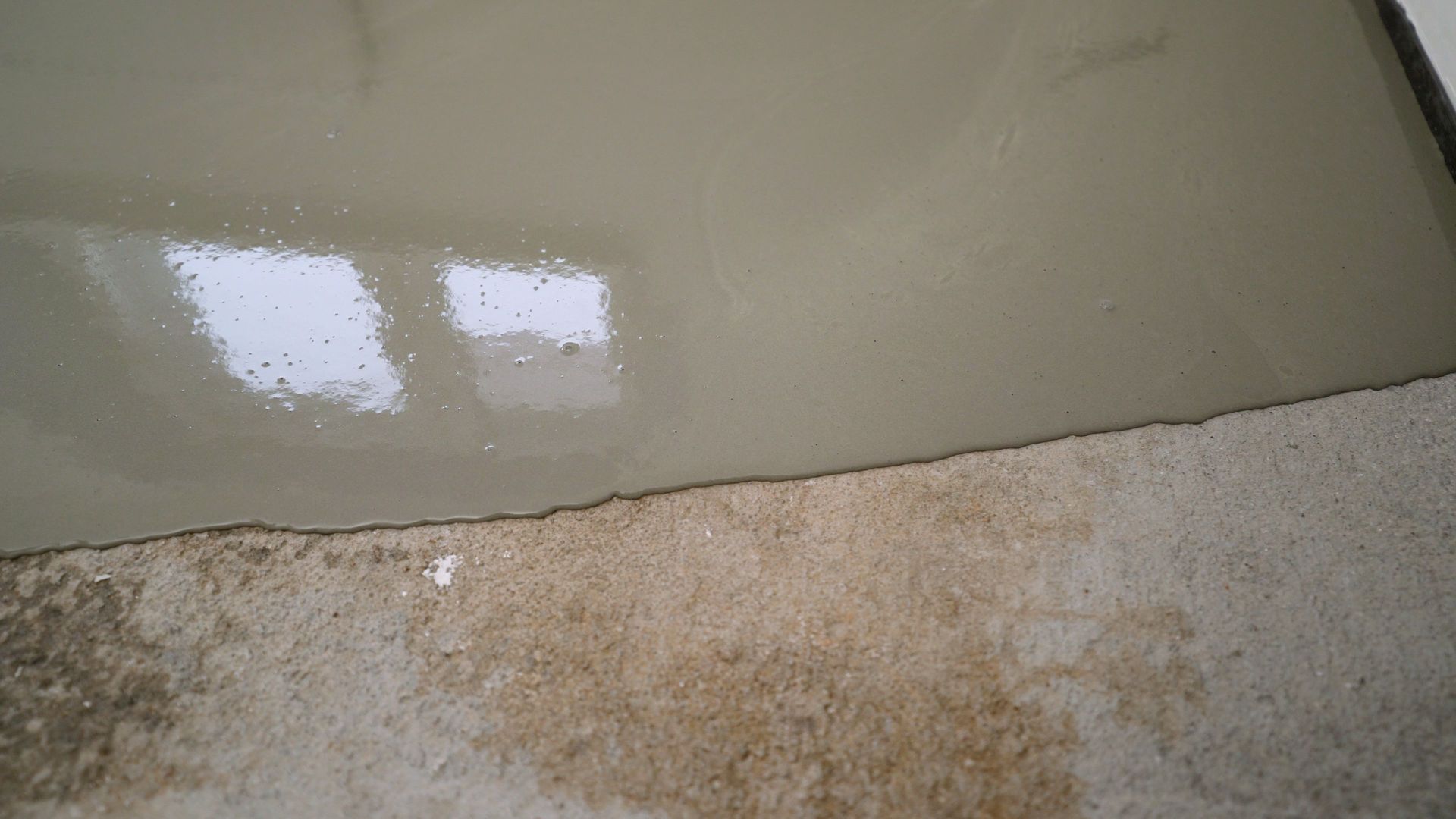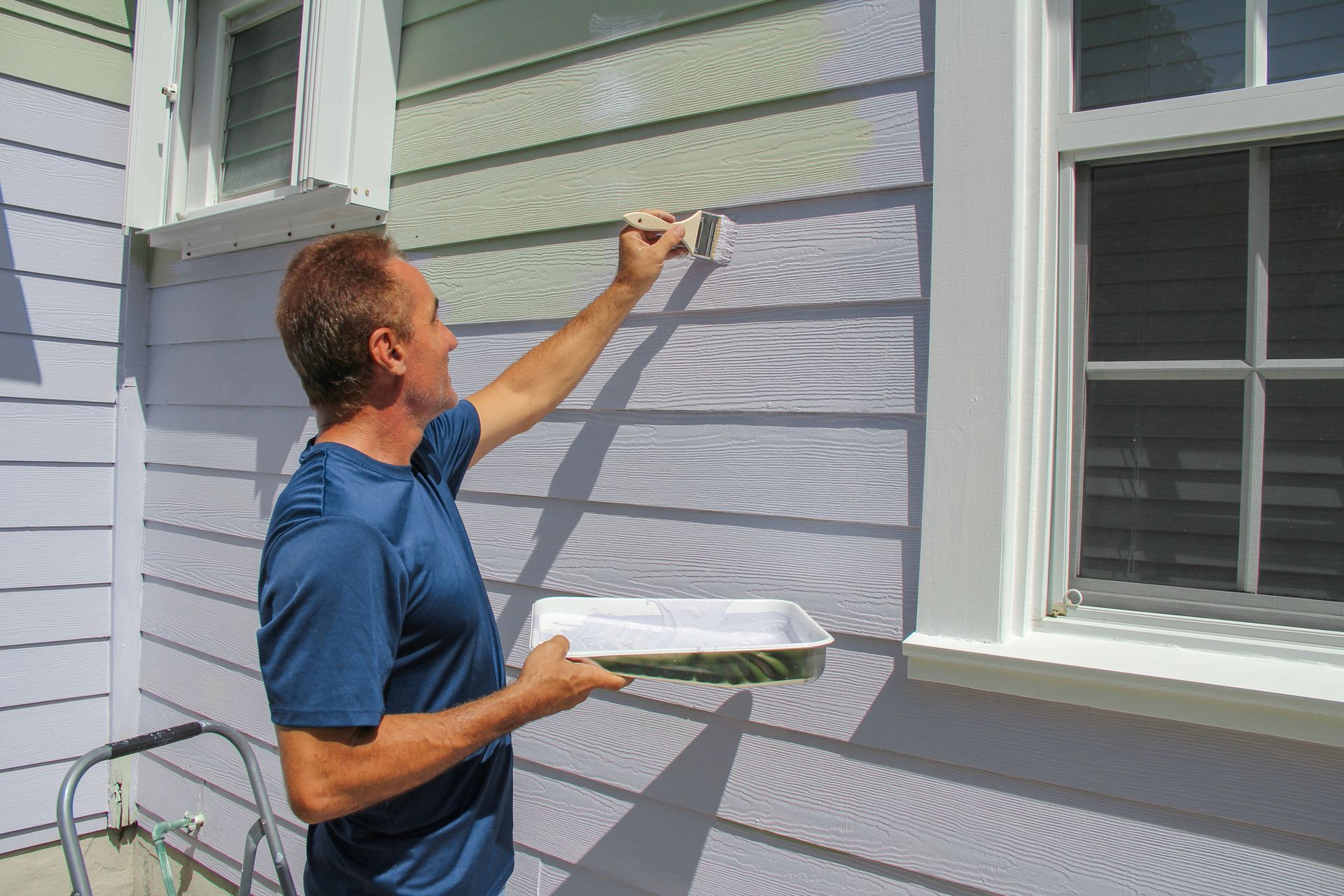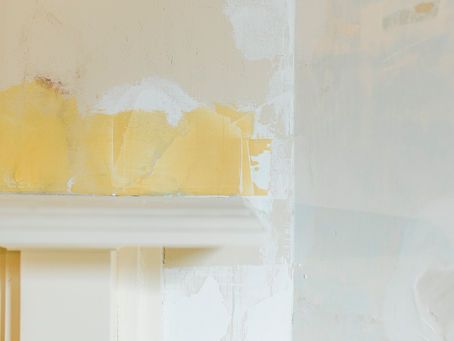Transitioning to Water-Based Coatings: The Harmful Impact of Oil-Based Paints
As society becomes increasingly conscious of the need to protect the environment and reduce our carbon footprint, the detrimental effects of oil-based paints on our health and ecosystem have come under scrutiny. In recent years, the world has been witnessing a shift towards water-based coatings in house painting. This transition proves to be a pivotal step towards creating a sustainable and healthier future. This blog post aims to shed light on the harmfulness of oil-based paints and explore the reasons behind the growing popularity of water-based coatings.
1. Harmful Emissions:
One of the most significant concerns associated with oil-based paints is their high volatile organic compound (VOC) content. These compounds release harmful fumes into the air during and after painting, contributing to air pollution and posing health risks to both painters and residents. In contrast, water-based coatings contain considerably lower levels of volatile compounds, ensuring cleaner air quality and reducing the risk of respiratory problems.
2. Environmental Impact:
Oil-based paints contain hazardous chemicals and solvents that are harmful to the environment. When these paints are improperly disposed of, they can contaminate soil, water sources, and adversely affect plant and animal life. On the other hand, water-based coatings are made with organic materials, have low toxicity, and are easily biodegradable, significantly reducing their ecological footprint and preserving the planet's delicate ecosystems.
3. Health Effects:
Oil-based paints release toxic substances, such as benzene and xylene, which are known to be carcinogens. Prolonged exposure to these substances can lead to various health issues, including respiratory problems, eye irritation, and allergic reactions. Opting for water-based coatings minimizes these health risks, as they are free from the toxic additives found in oil-based paints.
4. Ease of Use and Quick Drying Time:
Water-based coatings offer practical advantages over their oil-based counterparts. They have a faster drying time, allowing homeowners and professionals to complete painting projects more efficiently. Additionally, water-based paints are easier to clean up, requiring only soap and water, whereas oil-based paints often necessitate the use of harsh chemicals for cleanup.
5. Diverse Range and Aesthetic Appeal:
Contrary to the misconception that water-based coatings offer limited options, they now come in an extensive range of colors, finishes, and textures. Modern technology has allowed paint manufacturers to produce water-based coatings that achieve the same quality and aesthetic appeal as oil-based paints. This eliminates the need to compromise on style and design when choosing water-based coatings for various surfaces. With endless possibilities for customization, water-based coatings can enhance and complement any interior or exterior space, making them a versatile and attractive choice for any project. Whether it's a bold and vibrant color or a subtle and elegant finish, water-based coatings offer a diverse range of options to suit all preferences and aesthetics.










